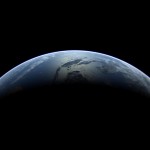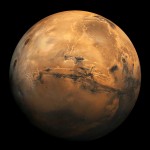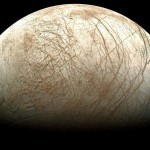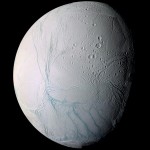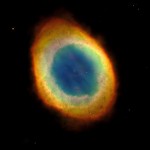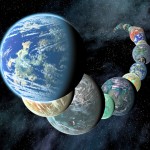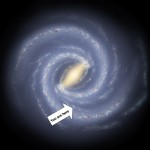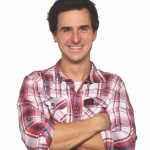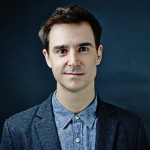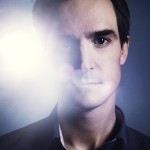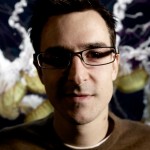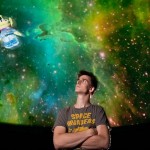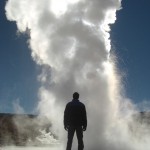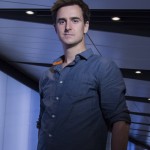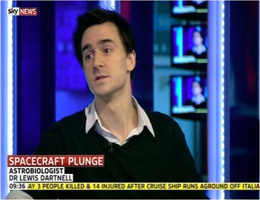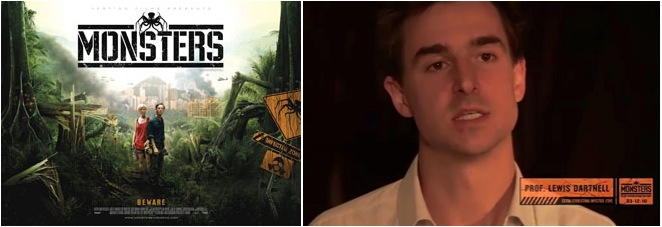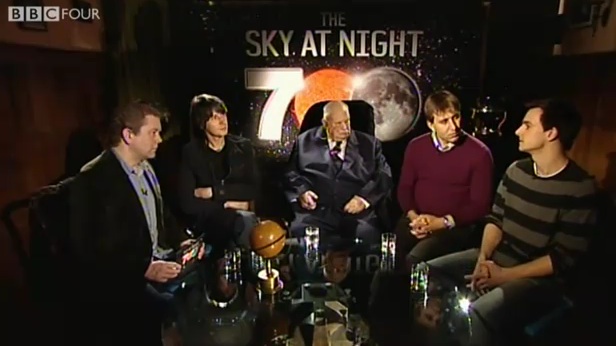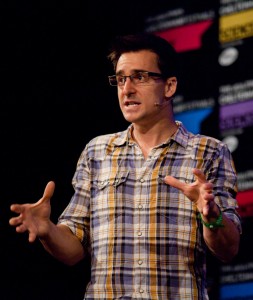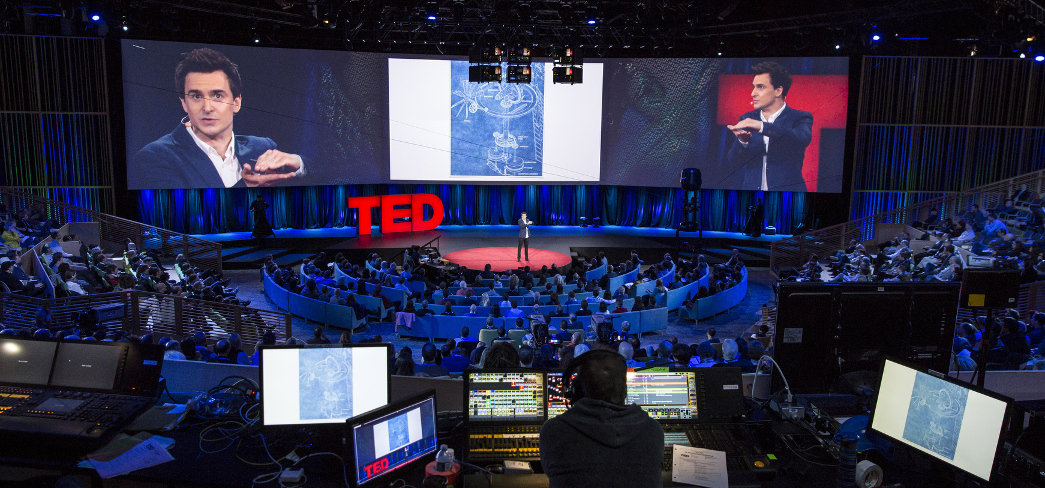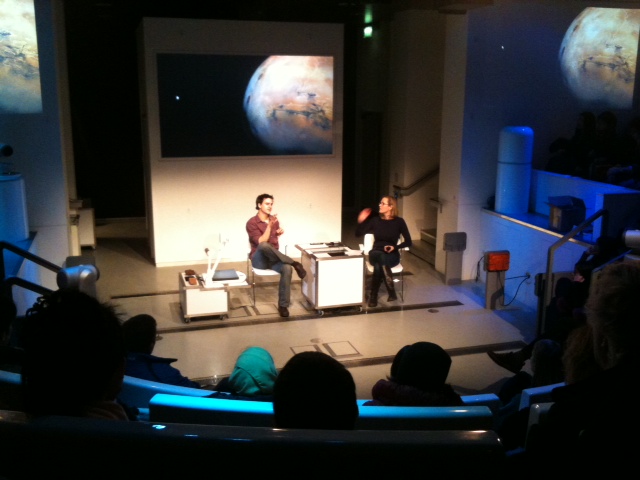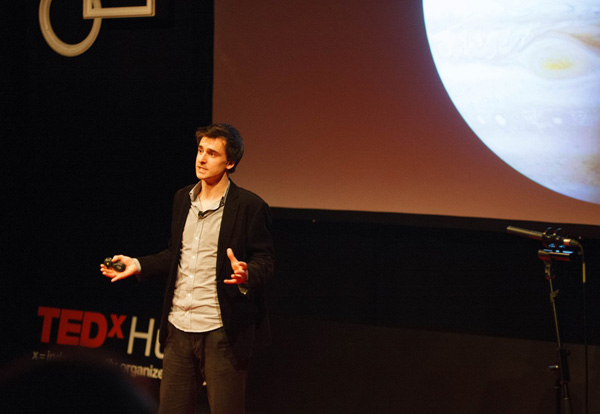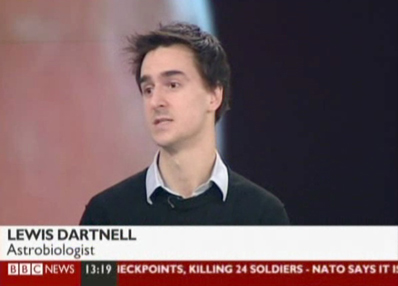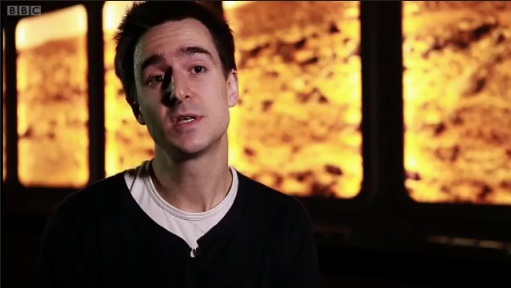Problem-Based Learning (PBL) workshops
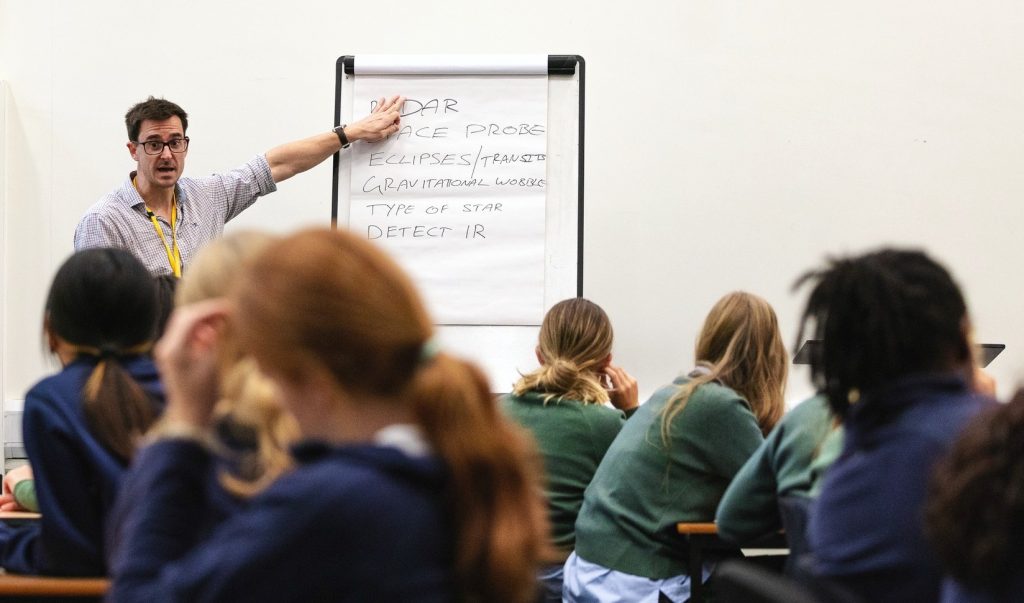
I offer PBL workshops to challenge your most able students, scholars, or Oxbridge candidates (and also works very well with an inquisitive group of GCSE students). The aim is not to test the group on what they have already learned in class, but to apply their background understanding and work-out solutions from first principles. This replicates the ‘thinking out loud’ solution-finding process of university entrance interviews. The workshop is a combination of working in small groups to brain storm for suggestions, and round-table discussions amongst the whole class to arrive at final solutions, all coordinated and prompted by me.
These PBL workshops work best with a group size of 15-20 students. No Powerpoint or computer display is required, but we would need a classroom where the students can work together in tables of 4 or 5, and then also turn around to see the front. We also need a white board or large flip chart that the whole class can see as we progress through the workshop. Each workshop is tuned to the year group and capabilities of the students, and can be timetabled for anything between 30 mins and one hour long.
I offer two PBL workshops, themed within different areas of cutting-edge science research, but equally applicable to non-scientists. (Indeed, I find that often it is the non science-specialist students who are less constrained by trying to remember what they have been taught, and instead work things out by thinking out of the box).
★ How to define life and detect it (Biology/Chemistry)
We all know life when we see it on Earth — a tiger is obviously alive whereas a skeleton or rock are not — but how could you actually define what life is? What features or functions must something possess in order to be alive? And therefore, how could you design an experiment that will test for life on another planet? In this workshop, we’ll explore how astrobiologists think about life in fundamental terms and so know what we’re looking for with our scientific instruments aboard space probes.
★ Exoplanets and how to find them (Physics)
We’ve now discovered over 5,000 extrasolar planets — worlds orbiting other suns in our galaxy. But on the whole we’ve never actually been able to see these exoplanets; we have to infer indirectly that they are there. So what tricks do astronomers use to discover incredibly remote planets? What information can we gather from our telescopes, and therefore what can we tell about what an exoplanet is actually like? How can we tell if certain worlds are Earth-like and so potentially able to harbour life? In this workshop, we’ll explore the science behind how you can discover and then characterise exoplanets.
